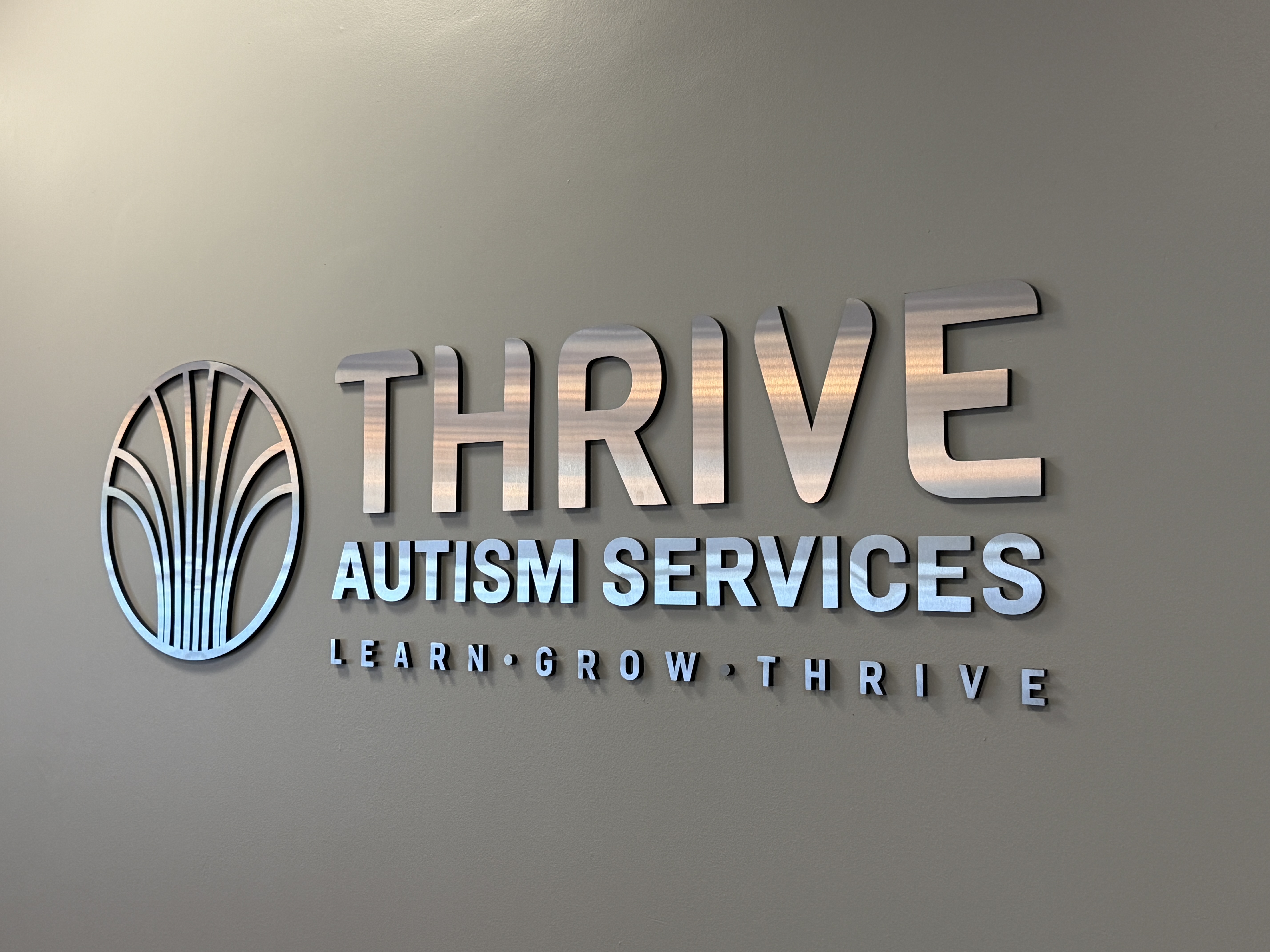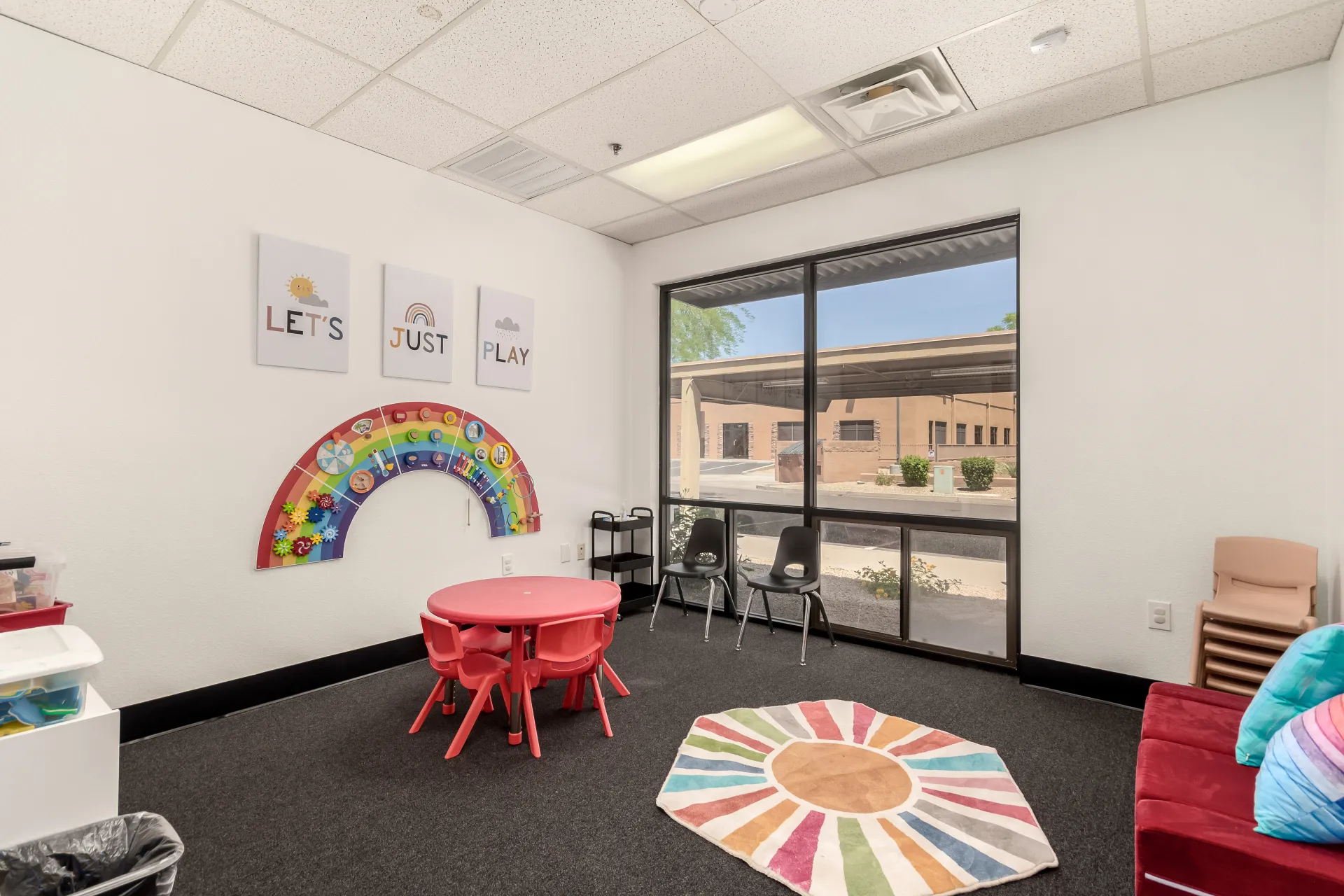Philosophy of Care
Our team always puts the child first. Using the expertise of our ABA professionals, we create a unique treatment plan that addresses each child’s developmental deficits.
We believe, and research supports, that an integrated, evidence-based treatment approach is the most effective way to help our clients reach their full potential.
We understand the challenges that children and families face in seeking treatment for developmental disorders and disabilities.





%20(1).webp)
Director of Autism Services
.webp)
.webp)
Clinical Director of Thrive Tempe

.webp)
Clinical Director of Thrive Gilbert
Our friendly team is here to help!
Book a call with one of our Clinical Directors today!
